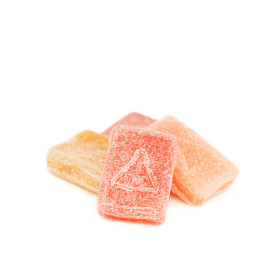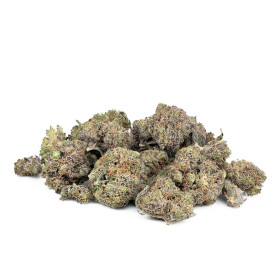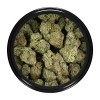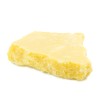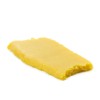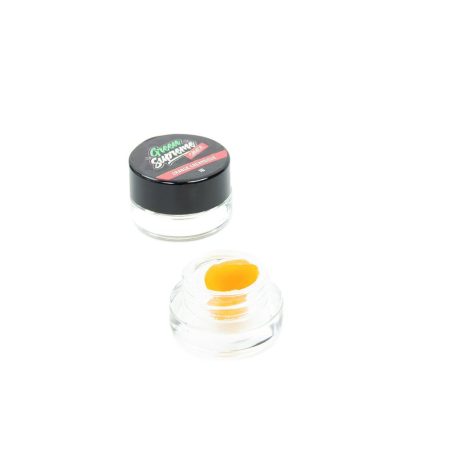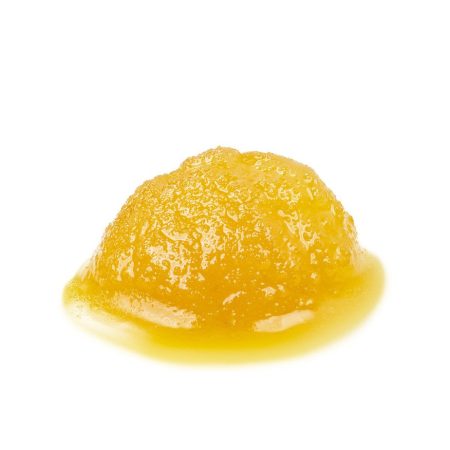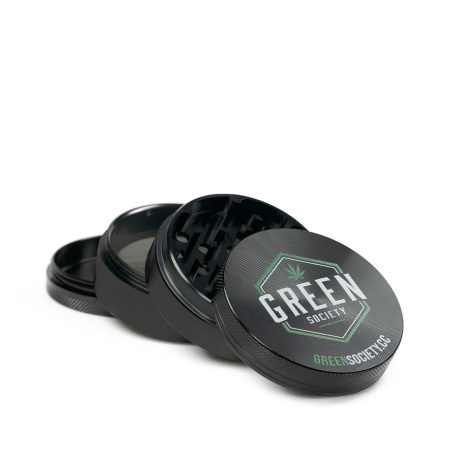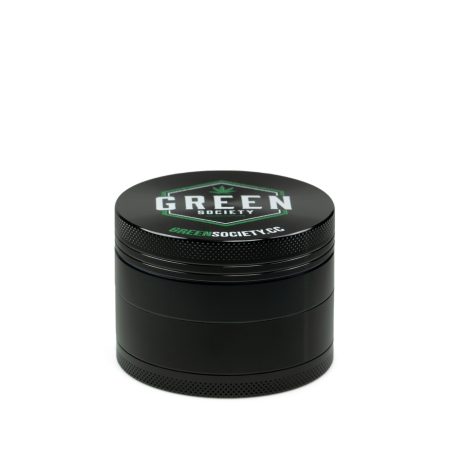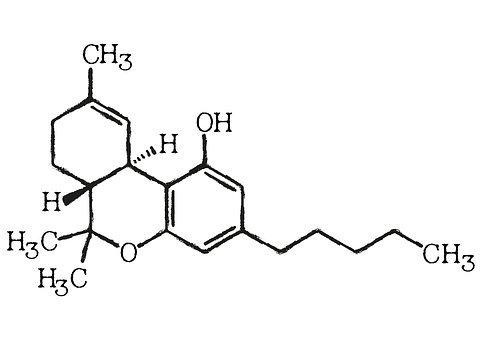Marijuana
Can Medical Marijuana Help with Seizure Disorders?
Medical marijuana is steadily becoming widely accepted as a treatment option for many health conditions. Cannabis contains healing compounds that are derived directly from the plant, and there are more studies done as the years go by that show just how effective it can be in alleviating the effects of several illnesses.
One of the most common ailments that marijuana has been used to help is seizure disorders such as epilepsy. Scientists have reason to believe that this drug has healing qualities that can soothe some of the more harmful symptoms associated with disorders that cause fits and seizures.
To understand why this drug is effective for treating seizures and how it does this, we’ve compiled some research.
Background: Effects of Marijuana and Chemical Makeup
To begin, let’s first break down the chemical makeup of cannabis and look at how the healing components interact with different parts of the body.
There are many compounds in cannabis, but the most active is the primary component that provides healing elements to the user. This compound is called tetrahydrocannabinol or THC. While this is the component responsible for the “high” feeling that many people get when using cannabis, it is also responsible for some medicinal properties backed by medical research.
When cannabis is consumed, the THC compound begins to interact with different parts of the body, though the main exchanges take place in the brain. THC interacts with the brain’s receptors and triggers feelings of elation and euphoria while also combating symptoms of pain or discomfort.
Another component in the cannabis plant, CBD, also plays a part in medicinal use, though this component does not induce a “high” like THC.
Some people choose to consume CBD to acquire health benefits without feeling high like consuming cannabis containing THC would cause. This isolated compound of the drug can be consumed through oils and gummies, as opposed to the more common methods of smoking or eating edible marijuana.
Rather than THC, it is CBD that is most commonly used in the treatment of seizure disorders like epilepsy.
What are Seizure Disorders?
A seizure is defined as an uncontrollable, sudden electrical brain disturbance. They can cause unconsciousness and convulsions, or in less serious instances, temporary changes to mood, memory, movements, and feelings. They can be one-offs or can be a symptom of a disorder like epilepsy.
Epilepsy can vary in its severity and impacts each individual differently. A person is usually diagnosed as epileptic after suffering two unprovoked seizures; that is, with no other cause than a seizure disorder. It is a very serious condition, with sufferers being at risk of having a seizure at any time. If a person is alone when one occurs, or they fall and hit their head, seizures can be fatal.
Epilepsy is commonly treated with a mixture of medicine and diet plans, and sometimes even surgery. Since the compounds in cannabis interact with receptors in the brain, neurologists started looking at marijuana and its effects on people who deal with seizures often.

Marijuana for Seizures & the FDA
Since cannabis directly interacts with the brain, many studies have been conducted into how this type of drug could be beneficial for people dealing with seizure disorders and other conditions that originate in the neurological systems.
As a result of scientific studies, and considering that seizures are very serious and greatly impact the quality of life for those that deal with them on a regular basis, medical cannabis (where it is legalized) has been cleared as a treatment plan for patients to try when looking to calm these conditions.
The FDA has only approved one drug cannabis for medical use: it approved Epidiolex in 2018 for the treatment of rare forms of epilepsy. This drug is an oral CBD solution.
Epidiolex is primarily prescribed for patients who are diagnosed with seizure disorders such as Dravet syndrome, Lennox-Gastaut syndrome (LGS) or tuberous sclerosis complex (TSC). The drug is taken orally and has been shown to significantly reduce seizures in patients with these disorders. It is a drug that can be acquired by prescription only, so people can talk to their doctors to learn more about how it may affect their own personal case.
The FDA is a powerful, esteemed, and highly regulated organization, which approves drugs on the basis of serious evidence and research. This is done for safety purposes, but also to make sure that the drugs are actually effective for what they are proposed to treat. The organization’s approval of a medicine containing cannabis is likely to be a huge step forward in removing the stigma around using the drug medically.
In an article for The Cannabist, an online publication, it was stated that over a period of 14 weeks, nearly half the patients taking the drug (44% to be exact) Epidiolex experienced a substantial reduction in seizures, compared with 22 percent of the placebo group. These results have helped to solidify this treatment plan as something that could really work.
Can Marijuana Cause Seizures?
As with many drugs, there is some confusion as to whether marijuana really does help with its purported uses, including those for seizure patients.
While other stimulant drugs may be responsible for causing seizures, this is not the case with marijuana. Marijuana withdrawal seizures are somewhat of a myth in that the drug has been proven to lessen the effects of these disorders, not heighten them.
In many cases, if patients are not responding to these types of treatments, there are usually other underlying factors that are responsible.
What’s Next?
As Epidiolex has proven so effective, the healing aspects of CBD have now undergone more intense study and experimentation to see if there are more chronic illnesses that could be helped or even treated just by using medical marijuana or its compounds. In fact, there has been a lot of support showing that CBD could be a great, natural treatment plan for those who battle anxiety and depression.
With the FDA seemingly relaxing its stance on using cannabis in medications, and further scientific research being done all the time, we are fully anticipating wider acceptance in the medical field for marijuana and CBD in the near future.


